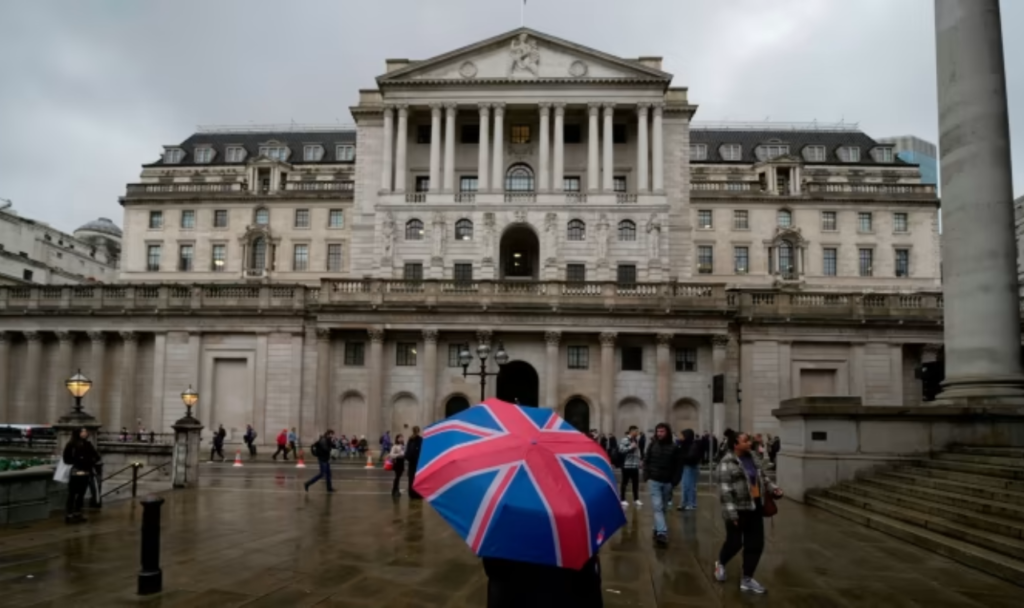Personal Independence Payment (PIP) is a vital financial lifeline for millions of people in the UK who live with disabilities or long-term health conditions. However, many claimants suddenly find their payments stopped, leaving them in financial distress. Understanding why your PIP payments may have ceased and how to restart them is crucial.
This guide outlines the key reasons why PIP payments stop, steps to take to reinstate them, and recent policy changes affecting claimants.
Why Have My PIP Payments Stopped?
There are several reasons why your PIP payments may have been suspended or terminated. These range from missed deadlines to changes in your personal circumstances.
1. Missed PIP Review or Assessment
The Department for Work and Pensions (DWP) periodically reviews PIP claims to ensure claimants still meet eligibility criteria. If you fail to respond to a review letter or attend a scheduled assessment, your payments may be stopped.
What to do:
- Contact the DWP immediately at gov.uk/pip/contact to check if you can reschedule an assessment or submit required documents.
2. Changes in Your Health or Circumstances
If your health condition improves, or if you fail to inform the DWP of significant changes in your circumstances (such as moving to a care home), your payments may be adjusted or stopped.
What to do:
- Report changes in your condition as soon as possible through gov.uk/pip/change-of-circumstances.
3. Long-Term Hospital or Care Home Stays

PIP payments are paused if you are in a hospital or a care home for over 28 consecutive days.
What to do:
- If you are discharged, inform the DWP so payments can be restarted.
- If a stay is temporary, clarify your status with the PIP enquiry line at 0800 121 4433.
4. Failure to Provide Supporting Evidence
If the DWP requests medical evidence or other documents and you do not respond, your claim may be stopped.
What to do:
- If your payments stopped due to missing documents, submit them as soon as possible.
- Speak to your GP or specialist to get updated medical evidence supporting your claim.
5. Changes in Residency or Immigration Status
PIP is only available to UK residents. If you leave the UK for more than 13 weeks or your immigration status changes, you may no longer qualify.
6. Administrative or Banking Issues
Banking errors, incorrect personal details, or a technical issue with DWP processing can sometimes cause payment interruptions.

What to do:
- Verify your bank details on your Universal Credit or PIP account.
- Call the PIP helpline to check if an administrative error has occurred.
How to Restart Your PIP Payments
If your PIP payments have stopped, taking the right steps quickly can help restore them. Here’s what you need to do:
Step 1: Contact the DWP Immediately
The first step is to call the PIP enquiry line at 0800 121 4433 to find out why your payments have stopped. If it’s due to a simple issue, such as a missing form or incorrect details, it may be resolved quickly.
Step 2: Request a Mandatory Reconsideration
If you disagree with a decision, you can challenge it by requesting a Mandatory Reconsideration. This must be done within one month of the decision letter.
How to request a reconsideration:
- Call the PIP enquiry line or submit a written request using gov.uk/pip/mandatory-reconsideration.
- Provide supporting evidence such as medical reports or a letter from your doctor.
Step 3: Appeal the Decision
If the reconsideration is unsuccessful, you can appeal to an independent tribunal. Around 60% of PIP appeals are successful when claimants provide strong medical evidence.
To appeal:
- Apply via gov.uk/appeal-benefit-decision.
- Consider seeking help from Citizens Advice (citizensadvice.org.uk) or disability rights organizations.
Step 4: Reapply for PIP if Necessary
If your claim is closed and cannot be reinstated, you may need to submit a new PIP application.
Upcoming Policy Changes That Could Affect Your PIP Payments
Recent government proposals suggest that up to 1 million people may lose access to PIP benefits due to stricter eligibility rules and assessment changes.
Key proposed changes:
- A greater focus on “objective” medical evidence, potentially making it harder to qualify.
- Tighter work capability assessments, encouraging more claimants to seek employment.
- Potential reductions in financial support for mental health conditions.
These changes are expected to take effect in November 2026 and could significantly impact existing claimants. To stay informed, regularly check updates on gov.uk/pip.
Conclusion
Having your PIP payments stopped can be stressful, but understanding the reasons behind it and taking the right action can help you restore them. The key is to act quickly, communicate with the DWP, and seek professional advice if needed.
For further assistance, visit:
- PIP Contact & Guidance: gov.uk/pip
- Citizens Advice for Appeals: citizensadvice.org.uk
- PIP Tribunal Appeals: gov.uk/appeal-benefit-decision

Pankaj Kumar is a journalist at Chandigarh X, covering admit cards, recruitment, and government schemes. His articles provide readers with detailed insights into application processes, eligibility, and exam updates.
Outside of work, Pankaj enjoys traveling, fitness, and cricket, often participating in local matches on weekends.



